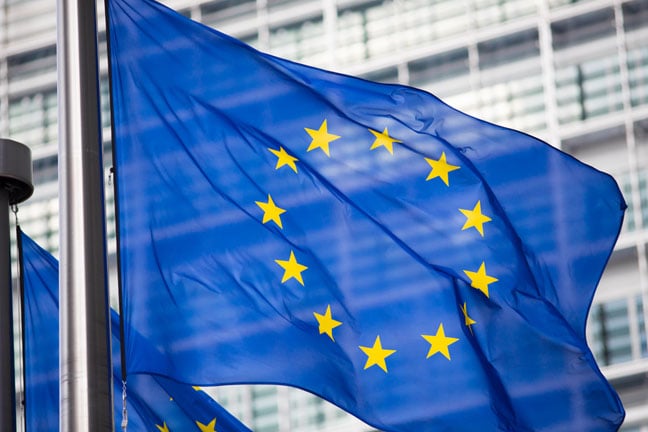Apple's IPhone 12 Woes Spread As Belgium, Netherlands And Germany Weigh In

Updated Apple's woes over the iPhone 12's electromagnetic waves do not seem to be going away, with more EU countries intending to take another look at the device following France's decision to halt sales earlier this week.
The US tech titan yesterday told The Register it rejected claims in France that the phone model breaches permitted radiation standards, pointing out the iPhone 12 was certified as compliant by authorities around the world.
Now Belgium is reported to have announced plans to review health risks linked to the device while watchdogs in Germany, Italy and the Netherlands are keeping an eye on the situation.
According to Rotterdam-based Algemeen Dagblad, the Dutch telecom regulator has requested clarification from Apple regarding the issue. It has also requested the report on which the French authorities based their claims.
The Inspector General, Angeline van Dijk, told Algemeen Dagblad: "There appears to be no acute safety risk," but added that the regulator would be swift to enter into discussions with Apple if necessary.
The report from the French National Frequency Agency (ANFR) indicated that the iPhone 12 breached EU regulations around the Specific Absorption Rate (SAR) permissible for the device. SAR is a measure of the rate at which energy is absorbed by a human body when exposed to a radio frequency electromagnetic field and is measured in watts of power per kilogram.
Although France took action first, it is not surprising to see other EU member countries following suit, considering the fact that it is EU regulations that have been allegedly breached. Apple's swift comment on the matter (even to The Register) is perhaps an indicator of how seriously the company is taking the issue.
A glance at the US regulations, which state "the FCC limit for public exposure from cellular telephones is an SAR level of 1.6 watts per kilogram (1.6 W/kg)" indicates the hot water Apple could find itself in should ANFR's findings be correct and more regulators weigh in on the issue.
To be clear, however, the iPhone 12 was approved by the FCC before sale.
The EU is an important market for Apple, and the optics of having even a three-year-old phone – although one that was still a current model until this week – deemed potentially unsafe are not good.
The timing is also unfortunate for the company, which had doubtless hoped that the focus this week would be on its new iPhone 15 and "innovative" USB-C socket rather than speculation its wares might be pulled off the market. ®
Updated at 10.19 UTC on September 15, 2023, to add:
Apple is hoping a software update for iPhone 12 users in France will help to address local concerns. “We will issue a software update for users in France to accommodate the protocol used by French regulators,” the company said in a statement.
“This is related to a specific testing protocol used by French regulators and not a safety concern.”
In response, France’s Digital Affairs Ministery said: "The ANFR is preparing to quickly test this update”.
If it rules the update has fixed the issue then the sales ban of the iPhone model will be lifted.
From Chip War To Cloud War: The Next Frontier In Global Tech Competition
The global chip war, characterized by intense competition among nations and corporations for supremacy in semiconductor ... Read more
The High Stakes Of Tech Regulation: Security Risks And Market Dynamics
The influence of tech giants in the global economy continues to grow, raising crucial questions about how to balance sec... Read more
The Tyranny Of Instagram Interiors: Why It's Time To Break Free From Algorithm-Driven Aesthetics
Instagram has become a dominant force in shaping interior design trends, offering a seemingly endless stream of inspirat... Read more
The Data Crunch In AI: Strategies For Sustainability
Exploring solutions to the imminent exhaustion of internet data for AI training.As the artificial intelligence (AI) indu... Read more
Google Abandons Four-Year Effort To Remove Cookies From Chrome Browser
After four years of dedicated effort, Google has decided to abandon its plan to remove third-party cookies from its Chro... Read more
LinkedIn Embraces AI And Gamification To Drive User Engagement And Revenue
In an effort to tackle slowing revenue growth and enhance user engagement, LinkedIn is turning to artificial intelligenc... Read more

